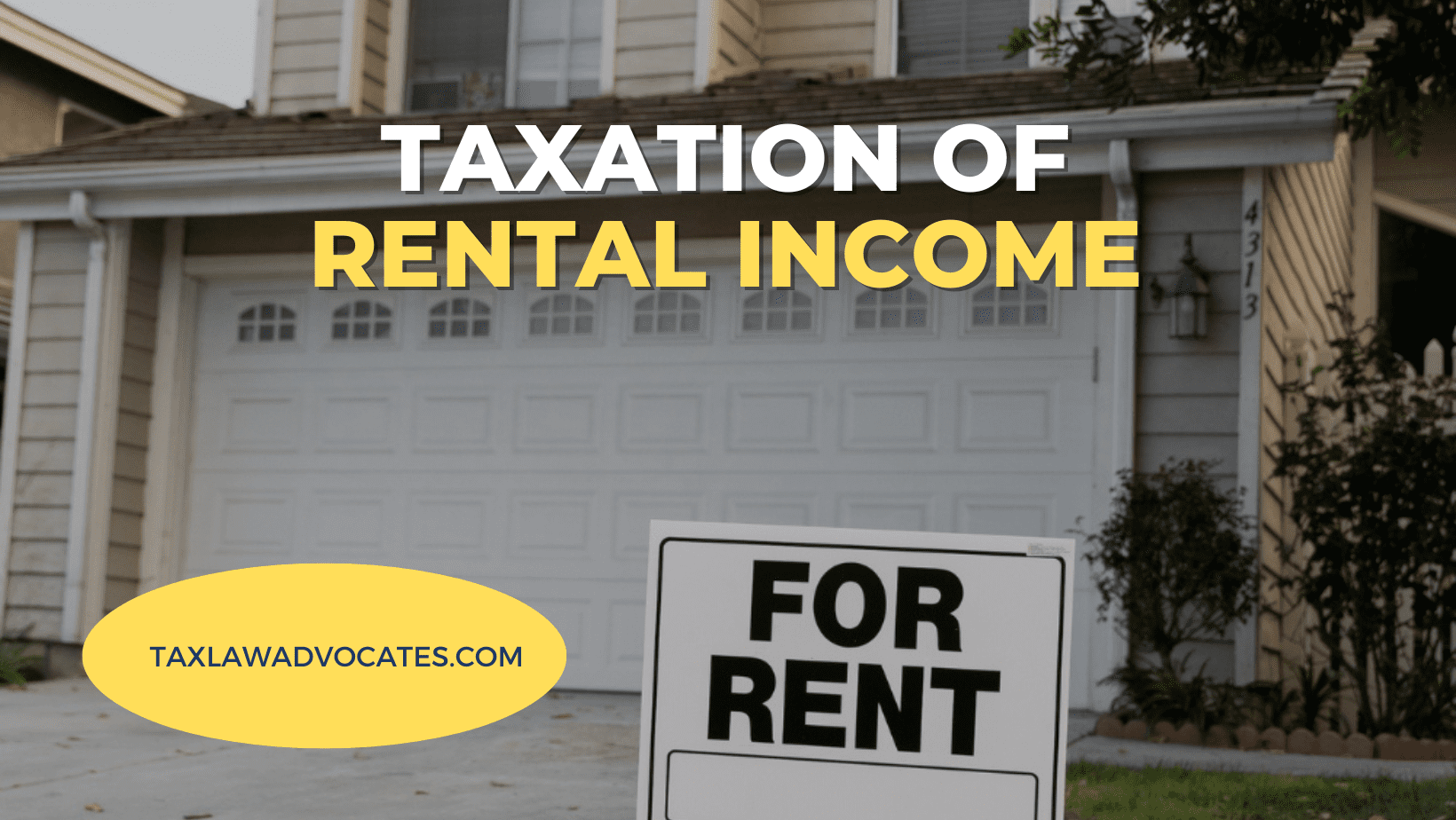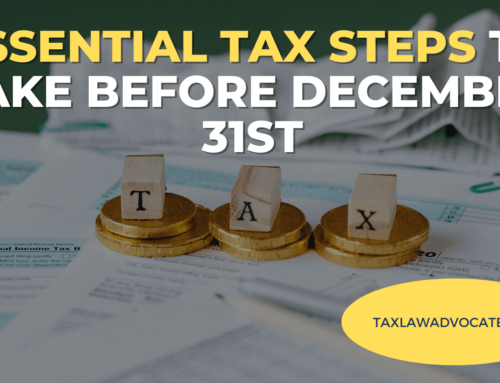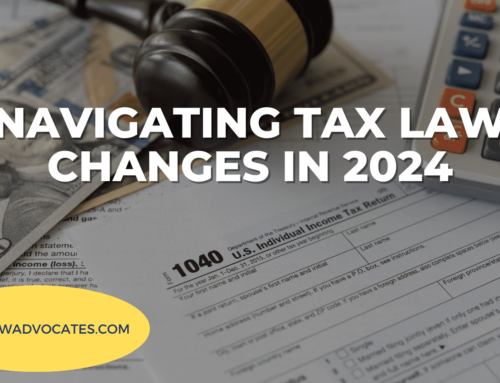Owning rental real estate is a lucrative venture, but it comes with federal tax responsibilities that every landlord should be well-versed in. Understanding the taxation of rental income involves unraveling a complex web of rules, deductions, and considerations. This comprehensive guide will explore the tax intricacies of rental property income, including deductions, depreciation, and passive activity losses. Join hands with Tax Law Advocates to ensure you navigate this terrain seamlessly and optimize your tax advantages.
1. Reporting Rental Income: Understanding the Basics
The IRS requires all rental income to be reported on your tax return, and associated expenses can generally be deducted. For cash-based taxpayers, reporting rental income occurs in the year it is received, with costs deducted in the same year. Most individuals use the cash method of accounting, simplifying the process.
2. What Constitutes Rental Income?
Rental income is defined as any payment received for the use or occupation of property. This includes regular rent payments, advance rent, security deposits used as final rent payments, fees, and even services received instead of rent. Tax Law Advocates emphasizes the importance of reporting all rental income accurately to avoid potential tax issues.
3. Deductions for Rental Property Owners
As a landlord, numerous expenses associated with the rental property are deductible on your tax return. These include mortgage interest, property tax, operating expenses, depreciation, and repairs. Tax Law Advocates stress the significance of understanding what constitutes ordinary and necessary expenses for managing, conserving, and maintaining your rental property.
4. Decoding Depreciation
Depreciation is a crucial aspect of rental property taxation. It allows property owners to recapture the property’s cost basis and any improvements made over time. While improvements are not deductible, depreciation can recover these costs over a specified period. Tax Law Advocates guide property owners on the intricacies of depreciation, ensuring optimal tax benefits.
5. Selling a Rental Property: Tax Implications
When selling a rental property, landlords face depreciation recapture tax in addition to capital gains taxes. Tax Law Advocates illuminate the complexities involved in this process and highlight strategies such as a 1031 exchange to defer taxes and reinvest in another rental property.
6. Personal Use of Rental Property: Tax Considerations
Tax implications vary based on the amount of time landlords spend in their rental property. Tax Law Advocates categorize properties into those primarily for personal use, primarily for renting, and those with a mix of both. Understanding these categories is crucial for accurate tax reporting and optimizing deductions.
7. Passive Income and Active Participation
Rental income is generally considered passive, with limitations on using losses to offset other income sources. Tax Law Advocates provide insights into the active participation criteria, allowing landlords to potentially deduct up to $25,000 of rental loss. Understanding income restrictions is key to maximizing this deduction.
8. Reporting Rental Income on Tax Returns
Tax Law Advocates guide landlords on reporting rental activity using Form 1040 or 1040-SR, Schedule E. They emphasize the importance of accurate reporting, taking into account the tax year in which income was received. Tax Law Advocates provide clarity on using multiple Schedule E forms for landlords with multiple properties.
Navigate the complex landscape of rental property taxation confidently by partnering with Tax Law Advocates. For personalized assistance and expert guidance tailored to your specific situation, contact Tax Law Advocates at 855-612-7777 or visit our website. Secure your financial future by mastering the intricacies of rental income taxation with the support of Tax Law Advocates. Your property and wealth deserve a strategic approach—let Tax Law Advocates be your partner in achieving financial well-being.






